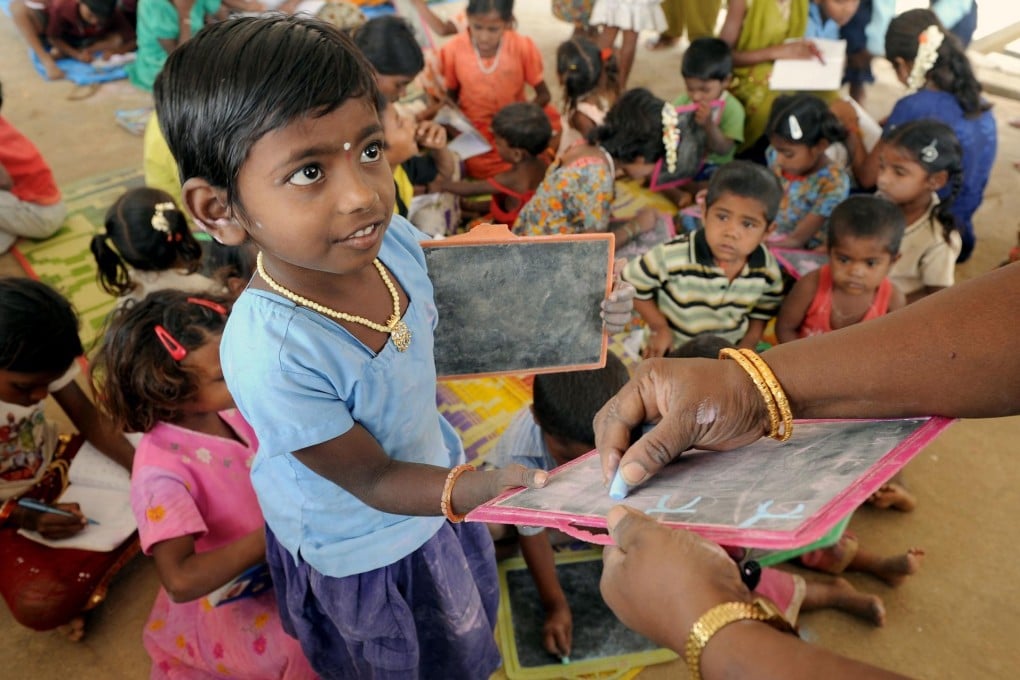India's rich companies to pay 2pc of profits to help poor
New law welcomed although concerns raised over control of funds and corruption

India's government still struggles to provide reliable basic services to a majority of its citizens, trapping hundreds of millions of them in poverty. Now the country's richest firms have been told they must help.

"The idea is that if we could divert some corporate energy and the corporate way of doing business into our development sector, for a country like India it could help enormously," said the head of the Indian Institute of Corporate Affairs (IICA), Bhaskar Chatterjee.
CSR is broadly - some say vaguely - defined in the law to mean funding programmes for education, poverty alleviation, protecting the environment or tackling disease, among others. However, the spending requirement is not legally binding.
Nevertheless, it's one of the first such laws of its kind in the world, promising a cash bonanza for charities and non-government organisations while raising serious concerns the funds could worsen India's endemic corruption problem.
CSR has been imposed across much of corporate India. Any business with sales of more than 10 billion rupees (HK1.2 billion), a net worth of 5.0 billion rupees, or bottom-line profits of 50 million rupees is liable.